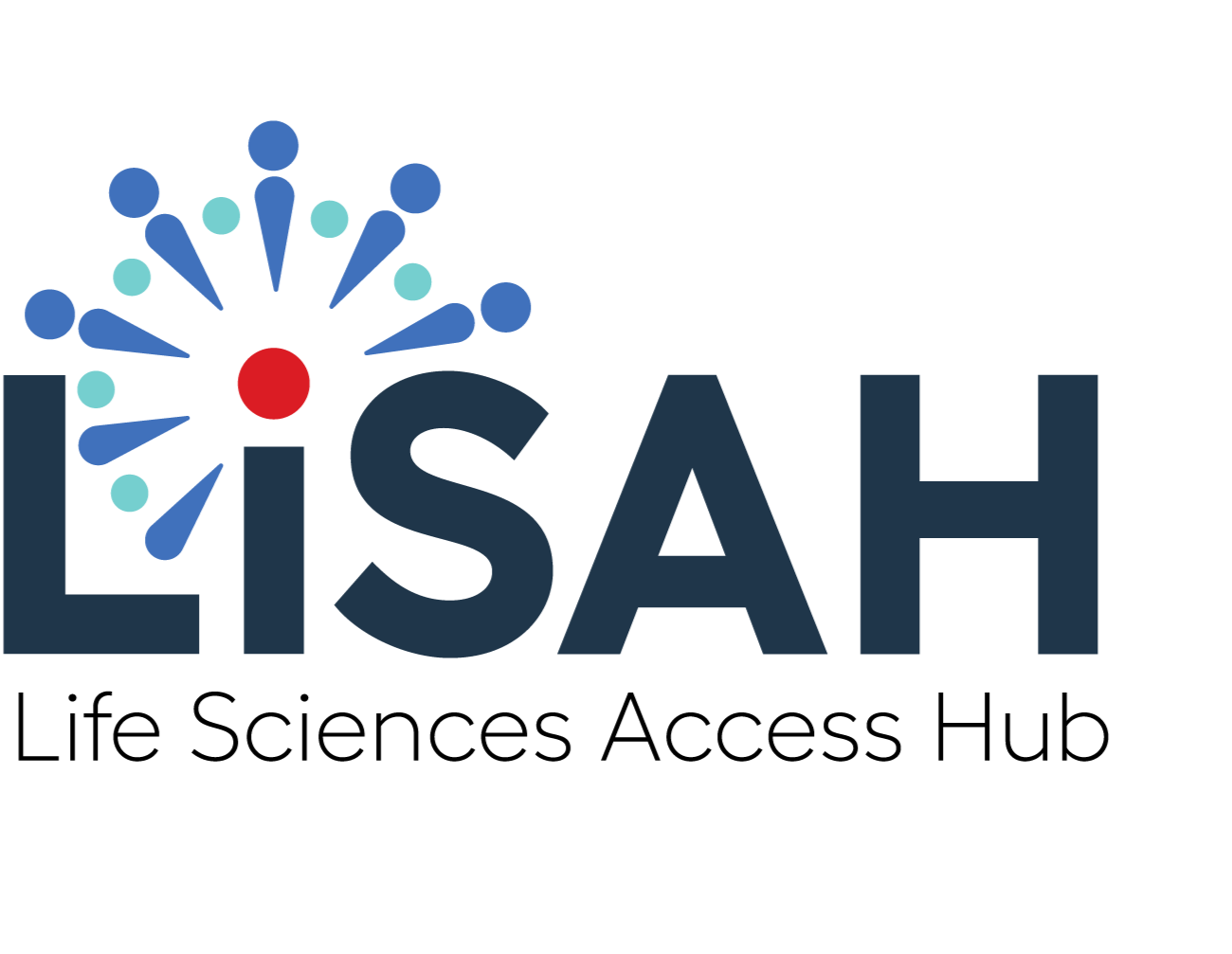The access role is relatively recent within the Life Sciences industries and differs from one organisation to another.
We provide our perspective drawing on experience dating back to the infancy of the discipline.
If you would like to consult this resource please login at the top of the page or sign up by clicking on one of the buttons below.
A subscription gives you full access to all the content on the site, including Briefings on a wide range of key international access topics.
Aternatively, a free membership gives you access to added content in the Learning, Directory and Events sections,
and signs you up to our regular newsletter.
